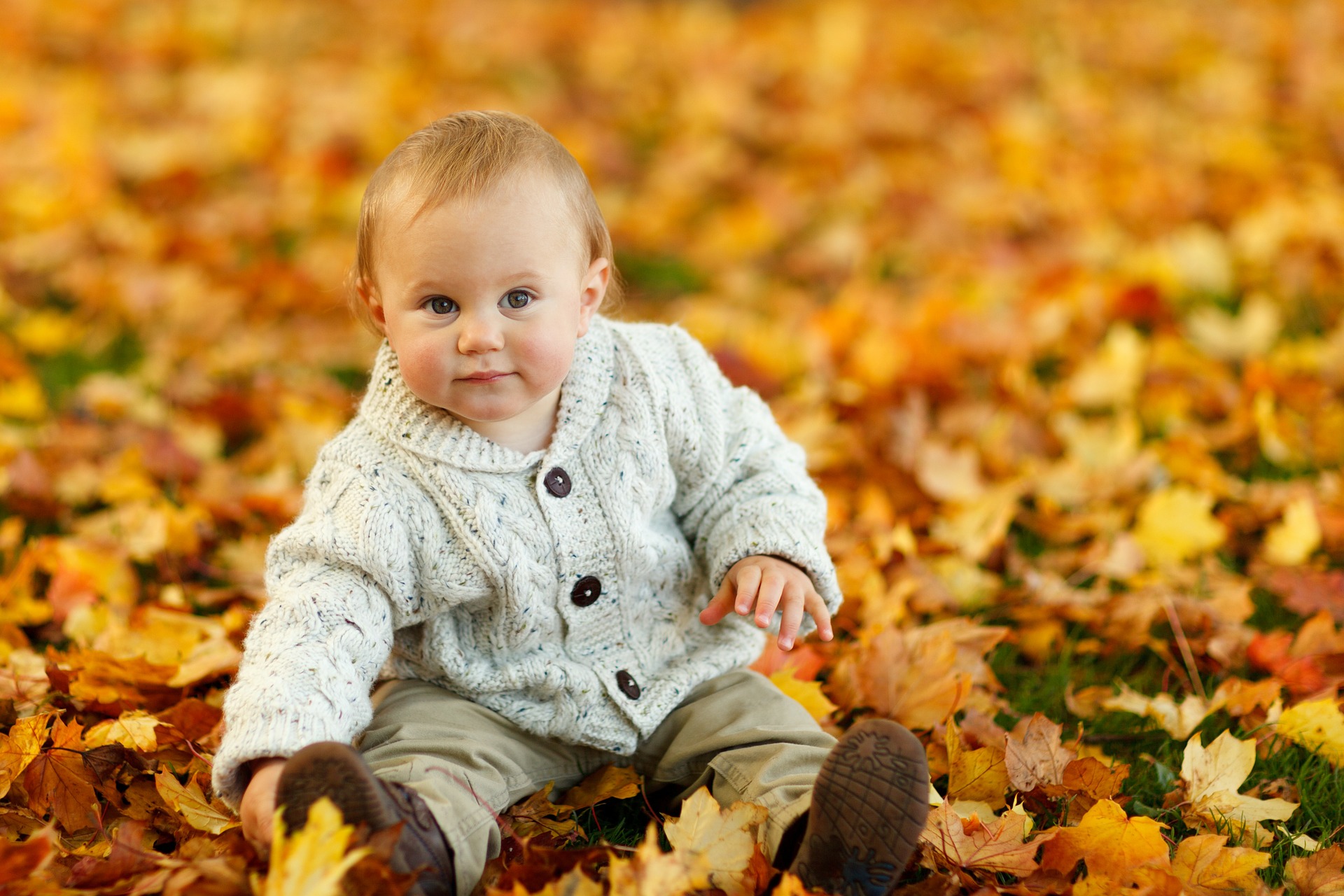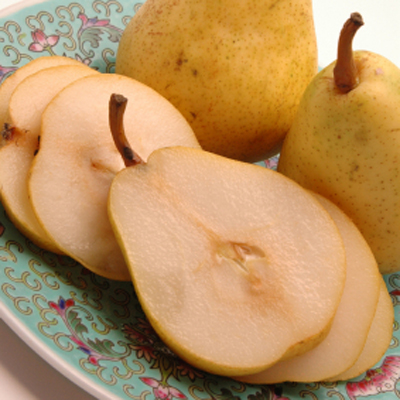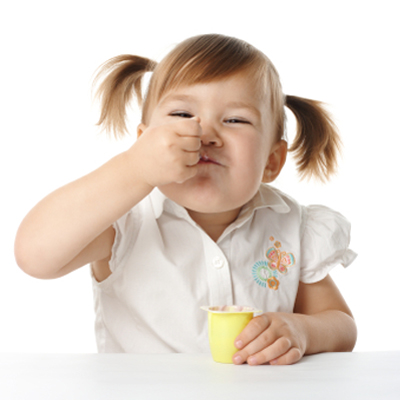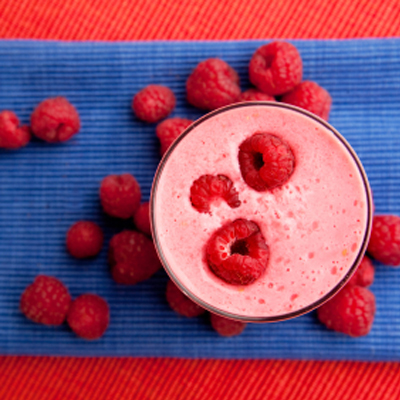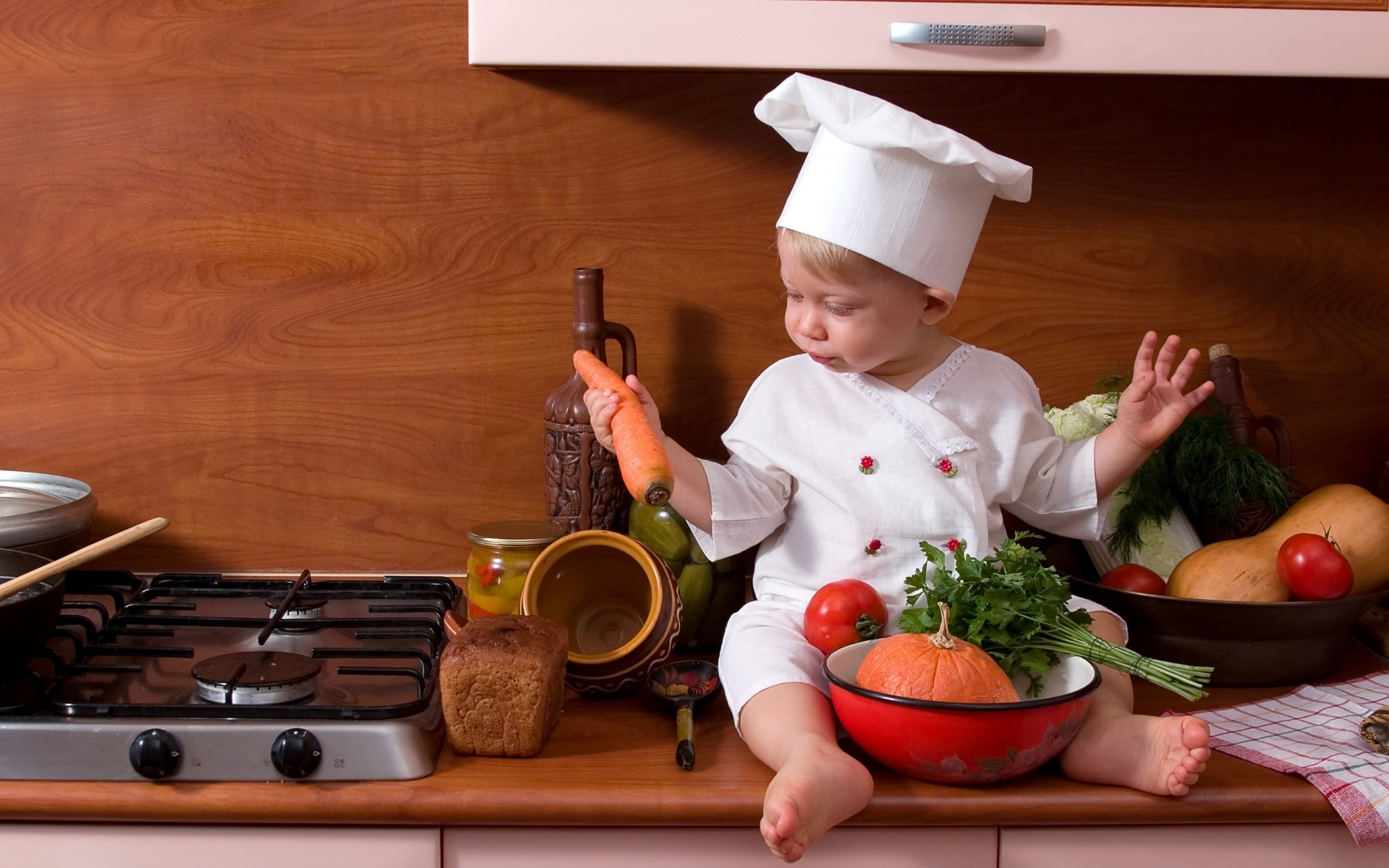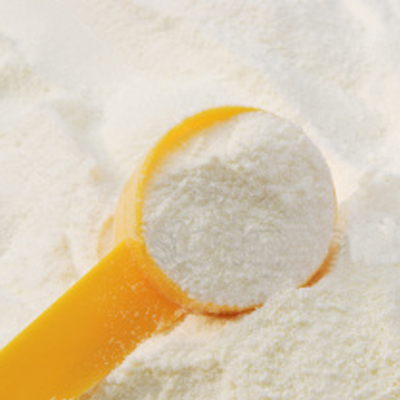How can I keep my baby healthy through weather changes?
When the weather changes, it is the time that adults often come down with viral or bacterial infections. There are a few simple steps you can take to help prevent your baby from getting sick as well. 1. Breastfeed and immunise: Studies show that breastfeeding and staying up to date with your baby's immunisations help to build your baby's immune system. So giving your baby her vaccines on time and exclusively breastfeeding for her first six months are a good place to start to keep her healthy. l Keep the temperature in the bedroom and bathroom the same. If this is not possible, choose the room that is most comfortable and do the bathing and massage there. This might mean you need to give your baby a bath in a tub in the bedroom near a heater for a few weeks. If you prefer not to get your bedroom floor wet, you can set up a safe changing table in the bathroom for massages. The key is to avoid exposing your baby to sudden temperature differences. l Make sure there are no drafts or gusts of cold air while you are massaging or bathing your baby. l Find a time of day when your baby is least likely to feel cold and try to give her a bath then. This might not always be possible though so if you do have to bathe your baby when it is very cold, heat the room up to a comfortable temperature before undressing her. l If it doesn't get very cold where you are, be sure to dress your baby before turning on the fan, air conditioner or cooler. Make sure to dry her hair thoroughly as well. Also, protect her from the direct blast of cold air.
4. Give your baby a balanced diet: If your baby is already on solids, make sure that she has well-balanced meals. A good diet can give her the vitamins and minerals she needs to help fight infections. It's even more important to make sure your baby gets enough vitamins and minerals if she is a fussy eater or is on a restricted diet. l Make sure that people handling your baby wash their hands properly. l Bring your own toys or books when you take your baby to the doctor for her immunisations. l Keep your baby away from crowded places as far as possible. l If your baby goes to a creche or day care, ask the supervising adult to discourage sick children from attending. In some places, the ayahs check the temperature of all the children coming and send home any child with a fever. This is done to prevent all other children attending the same creche from getting sick as well. l Also, look out for any mould build-up, especially in poorly ventilated and damp areas of your home.
Despite your best efforts to protect your little one from any illness, your baby will get sick once in a while, though perhaps not as often as if you didn't take any precautions at all.
|
|





